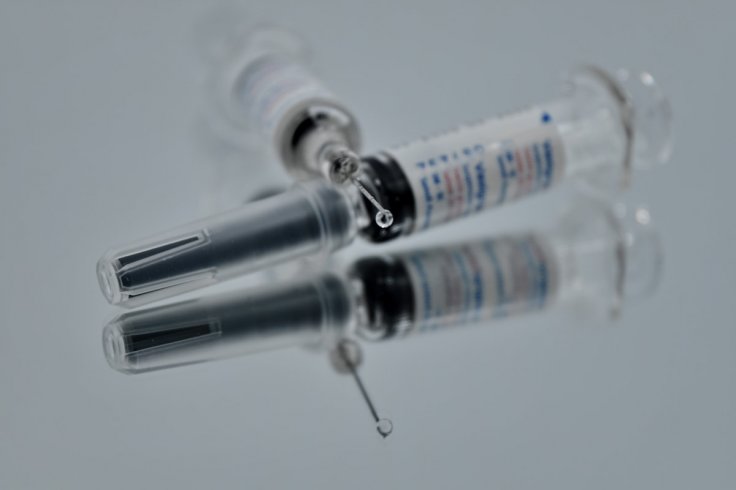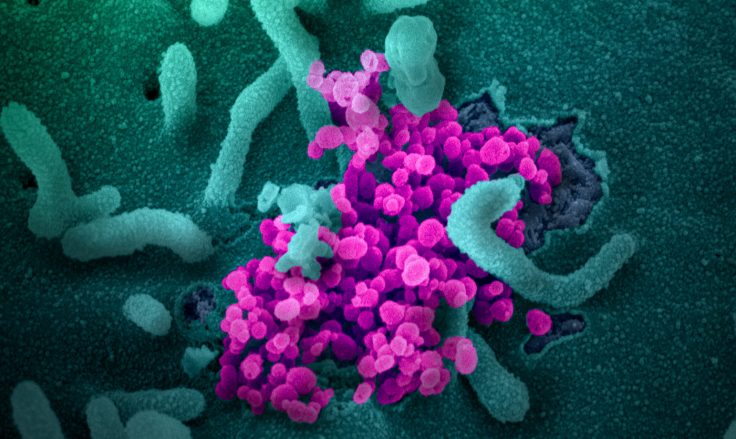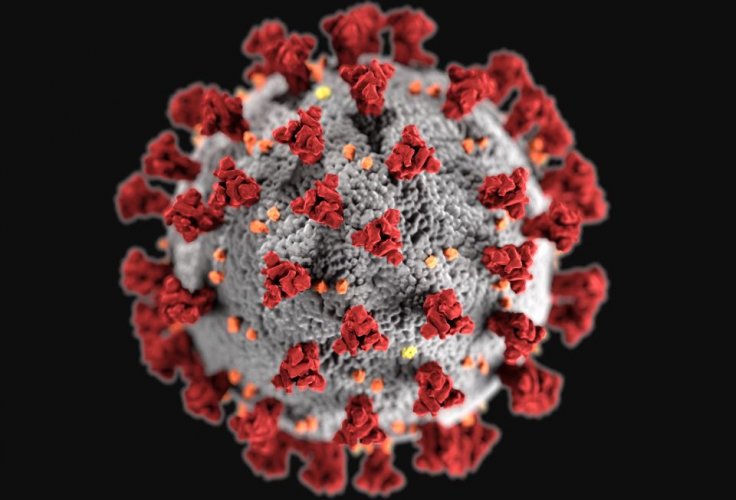The unprecedented virulence of COVID-19 has mobilised researchers across the world to develop a coronavirus vaccine. Currently, there are 115 vaccines in various stages of development, with none serving as an immediate solution for the coronavirus. At a time like this, scientists from the Pasteur Institute in France offer some good news.
Scientists from the institute, which is known as the Institut Pasteur in French, are developing a vaccine by redesigning a measles vaccine that can "trick" the body into manufacturing antibodies against the SARS-CoV-2 virus. The preclinical research is funded by Norway's Coalition for Epidemic Preparedness Innovations (CEPI) and received an initial grant of $4.9 million in March, the Business Insider reported.
Using a modified measles vaccine
The research is being led by Frédéric Tangy, the head of Pasteur Institute's vaccine innovation lab. His team is modifying the MMR vaccine — that provides protection against measles, mumps, and rubella — to incorporate a single protein from SARS-CoV-2.

Pinning their hopes on the alteration, they believe that the vaccine will initiate an immune response similar to the one that a standard MMR vaccine triggers. The advantage of such an attenuated vaccine — one that uses weakened live viruses — is that they provide long-term immunity with a single shot.
Another advantage of using the existing measles vaccine is that it is licensed, which means it simplifies the testing and patenting process. "Every factory in the world can produce a vaccine for measles," Tangy told the Business Insider.
Has shown promise against other viruses
Encouraging results have already been observed through the employment of the same approach against Chikungunya. A prototype vaccine for the disease spread by mosquitoes has shown promise. After clinical trials lasting seven years, the vaccine has finally entered Phase 3. Currently, its efficiency is being tested in thousands of candidates.
While seven years may seem like a long time, in terms of vaccine development, it is considered quick. Pointing towards that aspect, Tangy quipped: "And we consider that fast."

Immunization the only way to counter COVID-19
Comparing the existing measures to protect oneself against the disease such as self-isolation and social-distancing to a bandaid on an open wide wound, Tangy emphasised that immunization is the only viable measure against the disease.
"According to what we know about the contagious potentials of SARS-CoV-2, 60 percent to 70 percent of the human population needs to be immunized," said Tangy.
When will the vaccine be ready?
If the tests of the potential vaccine throw up positive results, animal testing will be the next step. This will be carried out by the University of Pittsburgh's Centre for Vaccine Research, which is the institute's research partner. And if that shows promise as well, then Themis, an Austrian biotech company, will produce the vials required for conducting clinical trials.

According to Tangy, the vaccine could enter human trials within a year if all goes well. However, he cautioned that scientists require sufficient time to test for side effects in order to make sure that they can be prevented or reduced.
"The very sensitive issue with a vaccine for such a virus is the immune response, which may be much more lethal than the disease itself. An unbridled vaccine would be dangerous," he concluded.









